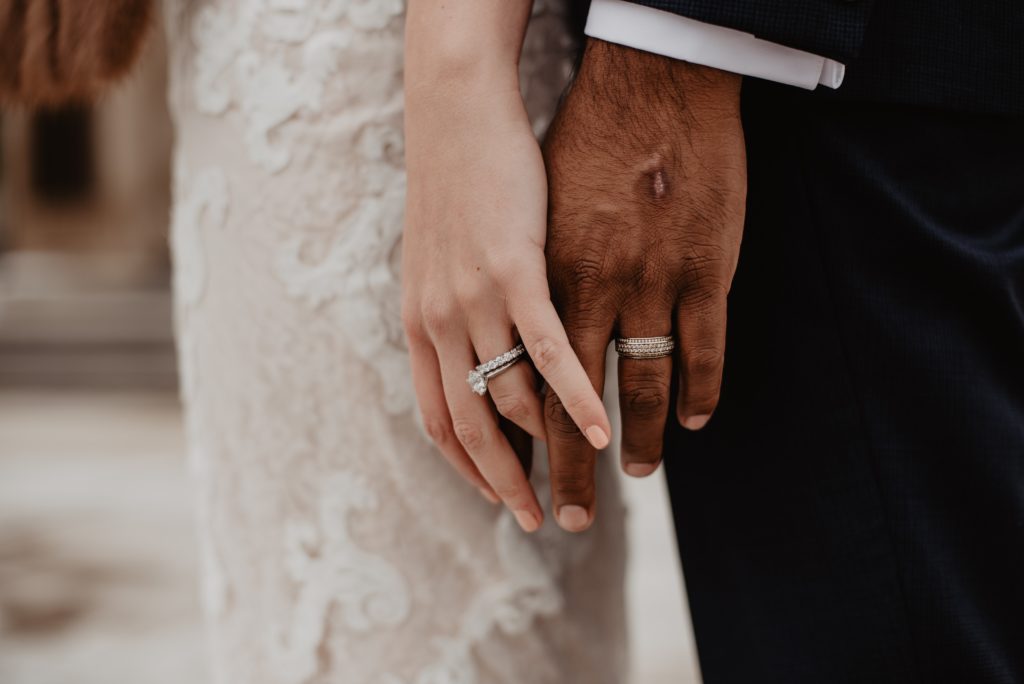
Is it possible to have a healthy marriage while having different political views?
It depends on who you ask. Some say it’s an absolute deal-breaker for them to marry someone who has different political opinions than them. On the other hand, some married couples have differing political views and have made it work.
BYU political science professor Lisa Argyle said there is recent research showing that people now are more likely to choose who they want to date and marry based on their politics than in previous generations. “This could amplify the transmission of political views from parents to children, making families even more important for politics than they used to be,” she said.
For BYU student Faith Williams, having different political opinions is a deal-breaker when looking for a spouse, but she still believes some relationships with different opinions can make it work.
“I know people who have very different political opinions who have really positive relationships,” Williams said. “I want my home to feel like a safe place to have those conversations, and I don’t know if I could feel that if I felt like someone disagreed with the central things that I value and believe.”
Williams said her political opinions are things she values and are a big part of who she is. “I feel like if a person doesn’t also value those things I wouldn’t be able to feel like they value me, or the things that were important to me,” she said.
BYU student Anne Brenchley and her husband do have differing opinions when it comes to politics, yet they still have a healthy marriage. In this year’s election, Brenchley and her husband voted differently. “We share a lot of the same values, but have different ideas of what’s best for how to get there,” Brenchley said.
Brenchley said before she married her husband, politics wasn’t really a topic they discussed. Conversations were sparked during this election cycle and she realized they have differing opinions, but she would always ask questions to understand and he would always explain why he thought the way he did.
“We have lots of open conversations about it,” Brenchley said. “And he was never trying to push me to vote in that same way.”
BYU student Joel McLain considers himself moderate and says dating someone on either extreme of the political spectrum would be a no-go for him.
“Extreme republicans I’ve met are generally indoctrinated, insensitive and ignorant, which could obviously lead to stubborn disagreements, frustration and plainly illogical arguments,” McLain said. “But people who are too democratic are misinformed, either naive or cynical and sometimes amoral.”
For BYU alumnus Matthew Schaelling, it’s not about political parties, but values are the most important thing to agree on in his marriage. He believes that people have different definitions of what “political” means.
“I feel like our politics become more and more focused on social things rather than just how should the government operate,” Schaelling said. “These things are reflective of an individual’s values or how they define their values.”




